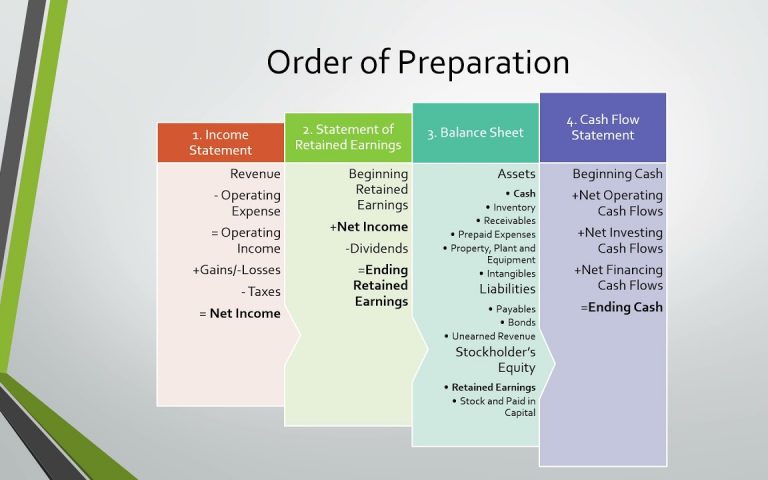Competition has always been the mantra of businesses large and small. Out-compete, out-market, outlast, outperform – you’ve heard it all before; only the strong and smart survive. While this mantra does carry its merits, so does the concept of strategic cooperation as an entirely separate and distinct business tactic. The strategy of cooperation looks to teaming up with complementary businesses to market your companies together. Done right, it can boost business for both of you. Below are some ideas that can help you introduce the strategy of cooperation to your marketing plan.
Choose the right partners. Cooperation works best for businesses that are not direct head-to-head competitors. Rather, one would seek a business that is somehow related. For example, if you own a children’s clothing boutique, you could partner with a children’s toy store, a children’s clothing store, a children’s hair salon, etc. All of these businesses are competitive in the sense that they are all competing for the parents’ discretionary dollars, but their products and/or services complement each other to a degree. For example, just because Mom is buying, say, toys for the holidays, doesn’t mean she won’t ALSO be spending money on new holiday outfits or haircuts.
Who’s in your backyard? Success with this strategy is usually more effective when the cooperative marketing is occurring among vendors local to each other, for the buyers’ convenience.
Be creative. Think creatively about what businesses might be good partners for you and what strategies you could use. For example, a fitness trainer and a nutritionist might form a great cooperative marketing alliance with one another. Then maybe they could add a store that sells running shoes to their initiative and perhaps a vitamin store.
Perhaps you can each exchange ads or articles in each other’s newsletters or email blasts. You could also co-host a contest with your chosen “marketing partners” or possibly jointly sponsor an event. The key is that you are each reaching a broader audience by taking advantage of the collective size of all of your marketing targets and venues.
Cooperative marketing can work for e-commerce companies as well. You could include ad fliers or coupons from your partner business in the box when you ship a customer’s order, or include links to their sites on your Web site.
By exposing your brand to a whole new group of customers, this strategy greatly expands your marketing reach. And because prospects are getting information about your business from a trusted source (the other business that they already patronize), they’re more likely to buy from you.
Crank it up a notch. If your local businesses really get into the idea of cooperative marketing, you may want to even consider starting a “buy-local” style campaign. A marketing campaign that encourages shoppers to buy local helps not only your respective business, but the community’s tax base and local employment as well.
The key to making this strategy work is to be sure that both/all parties do their fair share. If you’re spreading someone else’s marketing message to your customers, you have a right to be sure the other business is spreading yours as well. The respective efforts shouldn’t ever be lopsided.
Whether your strategy starts small or big, it is almost certain to help your business grow. Give it a try – it is an exceptional way to expand your market reach.
***
































































































